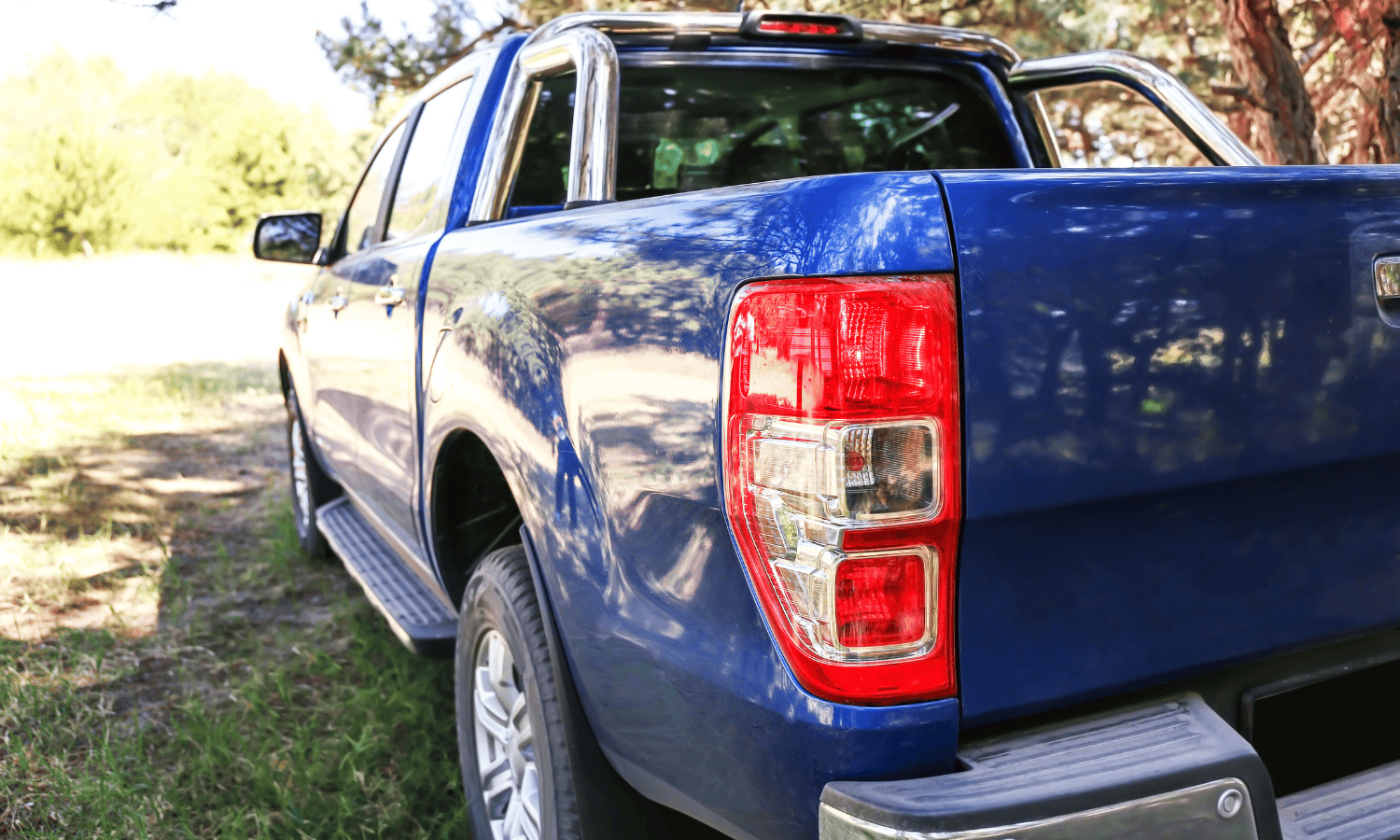As announced in the Autumn Budget, from 6 April 2025 double cab pick-up trucks with a payload of at least one metric tonne will be classified as cars for benefit in kind (BIK) or capital allowance purposes.
Clayton & Brewill explain what these new rules could mean for you and your business and how long the transitional window will last.
How were double cab pick-ups previously taxed?
Before 6 April 2025, double cab pick-ups with a payload capacity of at least one tonne were classified as vans. This meant that:
- A fixed taxable amount applied to employees using the vehicle privately- for 2024-2025 this was £3,960
- If fuel is provided for private use, an extra change of £757 applied
- The car fuel benefit multiplier was set at £27,800
- Double cap pick-ups had lower tax liabilities compared to company cars, making them a tax efficient choice for businesses
Whether a vehicle was classed as a van or a car for tax purposes previously followed VAT rules, which define a vehicle as a goods vehicle if it has a payload of at least one tonne. However, from April 2025, HMRC is no longer going to follow the VAT definition.
What is changing?
Instead of of using VAT definitions, classification will now be based on the primary suitability test. Under this test, if a vehicle is equally suited for carrying passengers and goods, it should be classified by default as a car rather than a van.
Most double cap pick-ups fall into this category and so will now be classified as cars for BIK purposes. The BIK charge for cars is higher than it is for vans as it is based on the vehicle’s P11D value and CO2 emissions rather than a fixed sum. This change is likely to increase tax costs for both businesses and employees.
How long can businesses use the old tax rules for?
If a double cab pick-up has already been bought or leased prior to 6 April 2025 then it can still be taxed as a van until whichever comes first out of:
- Disposal of the vehicle
- Expiry of the lease
- 5 April 2029
This provides a limited transitional window for businesses that already own or lease double cab pick-ups, allowing them time to plan for higher tax costs in the future.
How we can help
If you have any questions about the new tax rules for double cab pick-ups, how this might affect your business’ finances, or whether your company vehicles fall within the transitional period, please do not hesitate to contact a member of the Clayton & Brewill team today.





